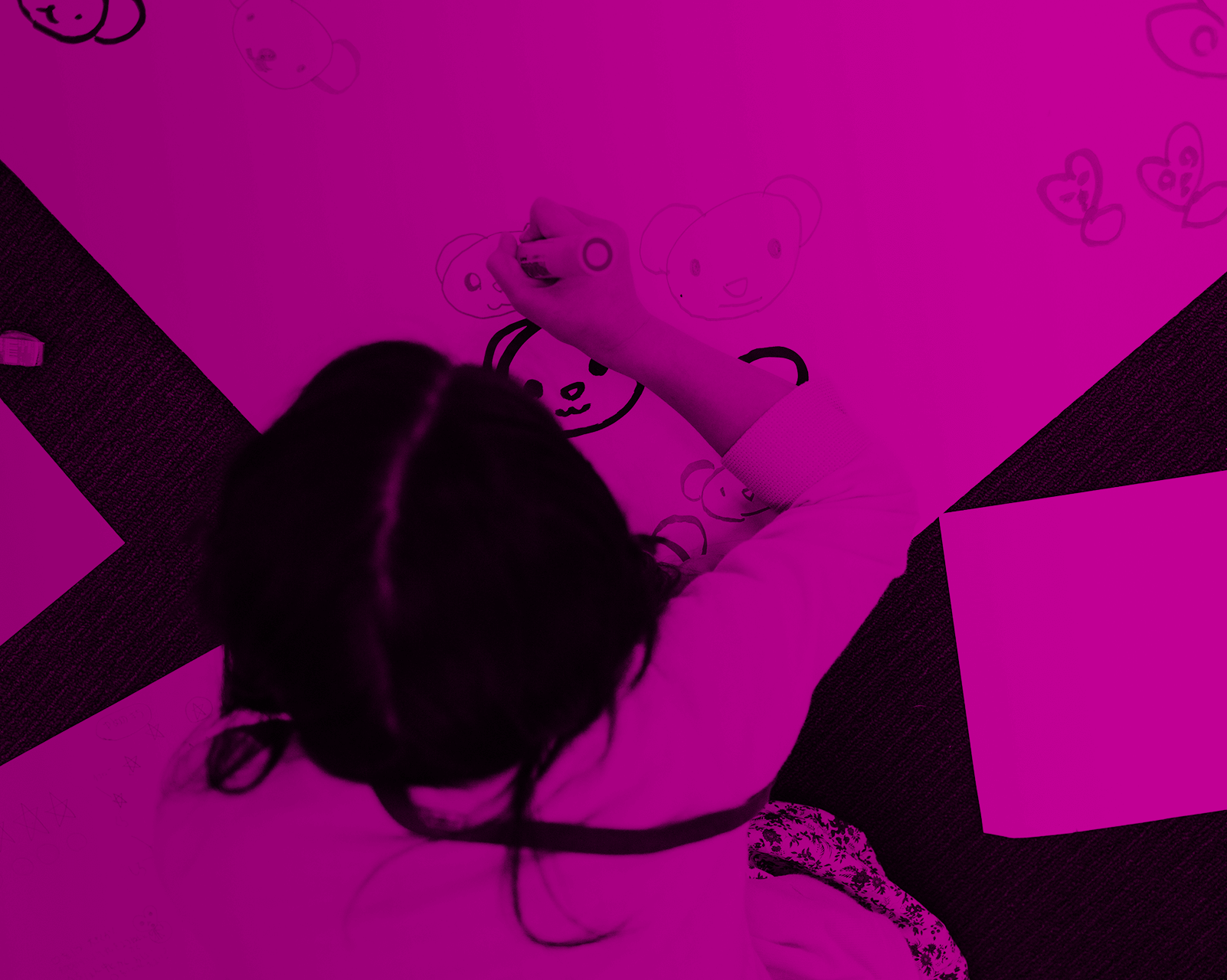Problem-solving, creativity and innovation are crucial skills and abilities which our students need to develop to thrive in this volatile, uncertain, complex and ambiguous world. The OECD Report, the pandemic and India’s own National Education Policy recognize that while these skills are important, they are not prioritized by our schools. We developed a scalable model to address this crucial need.
Through our foundational programs based on Human Centred Design (Design Thinking), we enable the students to work on ideas of their choice, by practising important Problem Solving skills and mindsets. Over the course of our intervention (25 hours spread across the year), we build these skills that are core to inculcating problem solving capacity. Through bootcamps and mentorship, they turn these solutions into prototypes that are showcased to their peers and members from their community. To realise this, we run programs that are developed for in-person and online deployment.
Since our inception 6 years ago, we have reached more than 400,000 students, generating over 100,000 ideas
The advanced programs encourage select students to further develop their prototypes into products that can bring about a change in the lives of people around them. We focus on advanced skills and mindsets and connect the students with experts from the field to mentor them further.
Our model has an in person and a hybrid model of intervention. The in-person model started with a pilot in 2 schools in 2017 and is presently active in 74 schools in Telangana, India. This has been in partnership with the Dept of Social and Tribal Welfare, Government of Telangana. The hybrid model was piloted in 4000 schools in 2020 and has currently been implemented in over 41,000 schools, reaching more than 500,000 students in three countries. This program is in partnership with YuWaah, state governments and the Central Government’s Atal Innovation Mission in India and with UNICEF and the Ministries of Education in Maldives and Bhutan.
Our innovation is a curriculum that works with schools and has a system level model. We can make it available on request to explore.


.jpeg)
